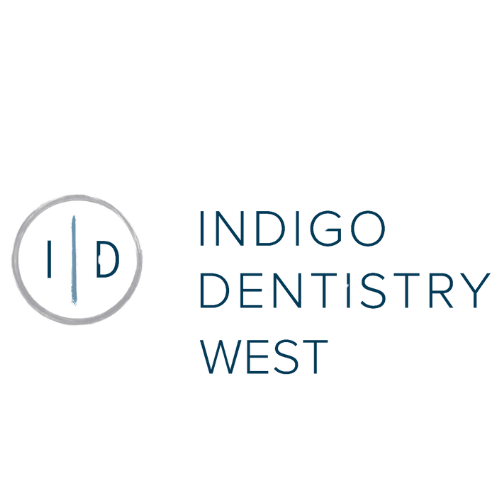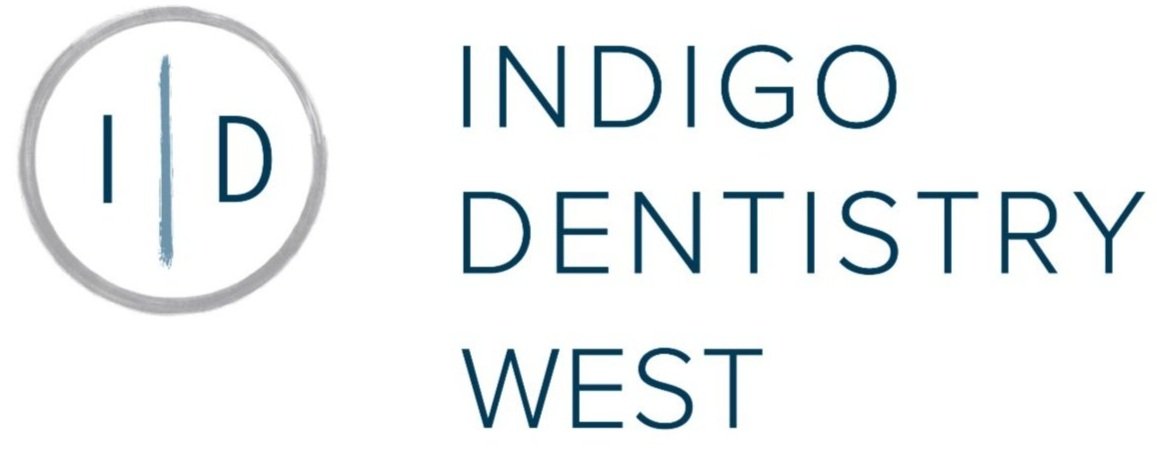The Impact of Pregnancy on Your Oral Health: Everything You Need to Know
Pregnancy can have a significant impact on your oral health, leading to various dental issues if not properly managed. That's why it's essential to have a comprehensive understanding of how pregnancy can affect your oral health and what steps you can take to maintain a healthy smile throughout this special time. In this blog post, we will explore the impact of pregnancy on your oral health and provide you with expert advice from Dr. Hair, a renowned dentist at Indigo Dentistry.
Maintaining good oral health during pregnancy is crucial for a number of reasons. Firstly, hormonal changes that occur during pregnancy can increase the risk of developing gum disease. Pregnancy gingivitis, for example, is a common condition characterized by swollen, tender, and bleeding gums. If left untreated, it can progress to more severe gum disease, known as periodontitis, which can lead to tooth loss. Secondly, poor oral health during pregnancy has been linked to adverse pregnancy outcomes, including premature birth and low birth weight. The bacteria that cause gum disease can travel through the bloodstream and potentially affect the developing fetus. By maintaining good oral hygiene and visiting your dentist regularly, you can help reduce these risks and ensure a healthy pregnancy.
During pregnancy, women may experience a variety of oral health issues that are specifically related to the hormonal changes happening in their bodies. One common issue is pregnancy tumors, which are non-cancerous growths that develop on the gums. These tumors, although harmless and usually disappear after giving birth, can cause discomfort and may require dental treatment. Another issue that pregnant women may encounter is tooth erosion. Morning sickness and acid reflux can expose the teeth to stomach acid, which can weaken the enamel and lead to erosion. It is important to rinse the mouth with water or a fluoride mouthwash after vomiting to help minimize the damage. Lastly, pregnancy cravings can increase the risk of tooth decay. The frequent consumption of sugary snacks and drinks can contribute to the formation of cavities. Maintaining a balanced diet and practicing good oral hygiene is essential for preventing dental problems during pregnancy.
Now that we understand the potential oral health issues that can arise during pregnancy, let's discuss some practical tips for maintaining good oral health during this important time. By following these recommendations, you can reduce the risk of developing dental problems and ensure the health of both you and your baby. First and foremost, it is crucial to continue practicing good oral hygiene. This includes brushing your teeth twice a day with a fluoride toothpaste and flossing daily. If you experience morning sickness and find it difficult to brush immediately afterward, rinse your mouth with water or a fluoride mouthwash to help neutralize the stomach acid and protect your teeth. Regular dental check-ups and cleanings are particularly important during pregnancy. Inform your dentist about your pregnancy, and they will take the necessary precautions to ensure your safety and comfort. Routine dental care can help detect and address any oral health issues early on, preventing them from worsening or causing complications. Maintaining a balanced diet is also essential for promoting good oral health during pregnancy. Limit your consumption of sugary snacks and drinks, as they can contribute to tooth decay. Instead, opt for nutritious foods that provide the necessary vitamins and minerals for dental and overall health. Remember to stay hydrated by drinking plenty of water throughout the day. Not only does water keep you hydrated, but it also helps wash away food particles and reduce the acidity in your mouth. It is crucial to continue practicing good oral hygiene, attend regular dental check-ups, maintain a balanced diet, and stay hydrated to ensure optimal oral health during pregnancy. By doing so, you can prevent potential oral health issues and promote a healthy smile for both you and your baby.
Maintaining good oral health during pregnancy is not just important for your teeth and gums, but it can also have a direct impact on your overall health and the health of your baby. Poor oral health has been linked to various pregnancy complications, such as preterm birth, low birth weight, and gestational diabetes. It is believed that the inflammation and infection in the mouth can affect the rest of the body, including the developing baby. Additionally, hormonal changes during pregnancy can increase the risk of certain oral health problems, such as gum disease and pregnancy tumors. Gum disease, in particular, has been associated with an increased risk of preterm birth. By taking care of your oral health, you are not only reducing the risk of dental issues but also safeguarding the health and well-being of you and your baby. It is important to prioritize your oral health during this critical time and seek professional dental care to ensure a healthy pregnancy and a healthy baby.
Visiting the dentist during pregnancy is not only safe but also highly recommended. Regular dental check-ups and cleanings are essential for maintaining good oral health, especially during this time. However, it is important to inform your dentist about your pregnancy so that they can take necessary precautions and tailor the treatment plan accordingly. Most routine dental procedures, such as filling cavities or getting a dental x-ray, can still be done during pregnancy as long as proper safety measures are followed. It is advisable to schedule dental appointments during the second trimester when the risk of complications is minimal. To ensure a comfortable and safe dental visit, consider lying on your side rather than your back, using additional pillows for support, and taking breaks when needed. Remember, keeping up with your dental appointments is vital for both you and your baby's oral health.
Taking care of your oral health during pregnancy not only benefits you but also plays a crucial role in safeguarding your baby's oral health. Research suggests a strong connection between a mother's oral health and her baby's development. During pregnancy, hormonal changes can increase the risk of certain dental problems such as gum disease and tooth decay. These issues can have adverse effects on your baby, including low birth weight, premature birth, and developmental problems. By maintaining good oral hygiene and visiting your dentist regularly, you can minimize these risks and promote a healthy start for your baby. In addition to oral hygiene practices, it's important to follow a balanced diet rich in nutrients like calcium, vitamin D, and phosphorus. These nutrients play a vital role in the formation of your baby's teeth and bones. Remember, taking care of your oral health during pregnancy is not only about you, but also about the well-being of your little one. Stay tuned for more tips on maintaining healthy oral hygiene throughout your pregnancy journey.
In conclusion, taking care of your oral health during pregnancy is crucial for both you and your baby's well-being. Hormonal changes can increase the risk of dental problems like gum disease and tooth decay, which can negatively impact your baby's development. By practicing good oral hygiene and visiting your dentist regularly, you can minimize these risks and ensure a healthy start for your little one. Apart from oral hygiene, maintaining a balanced diet rich in nutrients like calcium, vitamin D, and phosphorus is equally important. These nutrients contribute to the formation of your baby's teeth and bones, promoting healthy growth. The health of your mouth is directly connected to the health of your baby. Stay tuned for more tips and information on maintaining good oral hygiene throughout your pregnancy journey

